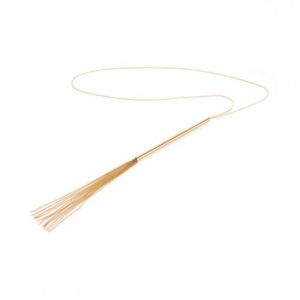Podcast: Play in new window | Download

Karen Lee Poter and Cameron Poter are the mother/son team behind the irreverent podcast Sex Talk With My Mom. When we were in Los Angeles recently, we got together and recorded episodes for BOTH of our shows! In this episode, we talk about their unlikely journey to recording a mother-son sex podcast and what they are both learning along the way. Cameron shares his adventures in the world of sex education and 30 day masturbation challenges. Karen Lee Poter offers her insights on enjoying sexuality on your own terms and what it means to her to be a sex positive mom.
Check out their show at SexTalkWithMyMom.com









